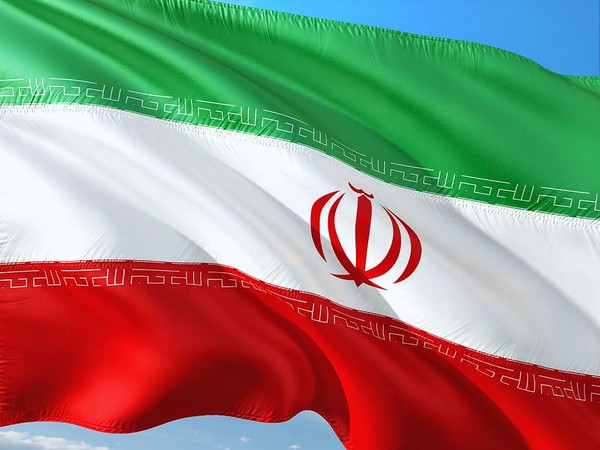Germany, France, UK press Iran to provide atomic site access
The IAEA has said that Iran continues to provide access to sites covered by the nuclear deal, known as the Joint Comprehensive Plan of Action, or JCPOA. Since the U.S. withdrew unilaterally from the deal in 2018, the other signatories — Germany, France, Britain, Russia and China — have been struggling to save it.

- Country:
- Germany
The board of the United Nations' atomic watchdog agency on Friday adopted a resolution calling for Iran to provide inspectors access to sites where the country is thought to have stored or used undeclared nuclear material, the Russian representative said. Mikhail Ulyanov, Russia's ambassador to international organizations in Vienna, said on Twitter that his country and China had voted against the resolution, proposed at the International Atomic Energy Agency meeting by Germany, France, and Britain.
“We believe that the resolution can be counterproductive,” he said, at the same time “stressing the need for Tehran and IAEA to settle this problem without delay.” Earlier this week, IAEA Director-General Mariano Grossi reiterated concerns that for more than four months Iran had denied his inspectors access to two locations " to clarify our questions related to possible undeclared nuclear material and nuclear-related activities.” Activities at the sites are thought to have been from the early 2000s before Iran signed the 2015 nuclear deal with world powers. Iran maintains the IAEA has no legal basis to inspect them. The IAEA has said that Iran continues to provide access to sites covered by the nuclear deal, known as the Joint Comprehensive Plan of Action, or JCPOA.
Since the U.S. withdrew unilaterally from the deal in 2018, the other signatories Germany, France, Britain, Russia, and China have been struggling to save it. Meanwhile, Iran has been violating its restrictions, including the amount of uranium it can enrich and the purity of enrichment, to try to pressure those countries to provide additional economic relief to offset American sanctions.
It is not clear what effect the new resolution will have on the JCPOA, though it seems likely to irritate Iran, which opposed it.
(This story has not been edited by Devdiscourse staff and is auto-generated from a syndicated feed.)
ALSO READ
China says US, Europe accusations of 'overcapacity' are groundless
China says US, Europe accusations of 'overcapacity' are groundless
China says its EV firms do not rely on subsidies to gain competitive advantage
Yellen meets with China's central bank chief, presses case on excess capacity
Yellen and China's finance minister discuss macroeconomic outlook










